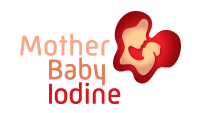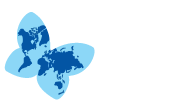Misconceptions on iodine


Misconception:
Iodine deficiency is rare in pregnant women nowadays.

Truth:
Iodine deficiency is still a global issue, pregnant women are especially at risk.

Misconception:
Iodine has only a role in protecting the thyroid gland.
Truth:
Iodine also plays an important role in human growth and development.

Misconception:
Iodine content in foods is the same in all regions.
Truth:
Iodine content in food varies with geographical location, depending on the soil.

Misconception:
Both organic and conventional milk have the same iodine content.
Truth:
Iodine content is lower in organic than in conventional milk by 25%–40%.


Misconception:
Some milk-alternative drinks (e.g. soya/oat) are good sources of iodine.

Truth:
Not all milk-alternative drinks are fortified with iodine, check the label.

Misconception:
It is easy to have sufficient iodine intake from diet.
Truth:
Iodized salt is the easiest way to maintain sufficient iodine intake.

Misconception:
Pregnant women need a similar iodine intake as non-pregnant women.
Truth:
Iodine requirements are increased during pregnancy.

Misconception:
Iodized salt is available only in some countries.
Truth:
124 countries have mandatory legislation, 21 have voluntary legislation for salt iodization.


Misconception:
Taking iodine will cause problems in pregnancy.

Truth:
Adequate iodine intake is especially important for pregnant women.


